
Surprising Discoveries About Marine Mucus: A Game-Changer in Oceanic Carbon Sequestration!
2024-10-11
Author: Nur
Recent research led by a team from Stanford University has revealed a groundbreaking factor that may reshape our understanding of the ocean's role in combating climate change. This study, published on October 10th in the journal Science, uncovers mucus "parachutes" produced by microscopic marine organisms, which dramatically slow their descent through the water. This slowdown not only hampers the removal of carbon dioxide from the atmosphere but also suggests that previous estimates regarding the ocean's carbon sequestration capabilities might be greatly overstated.
Senior author Manu Prakash, a noted scholar in bioengineering and ocean studies at Stanford, stated, “Our findings highlight the critical importance of observing natural processes in their authentic environments. Understanding these fundamental scientific principles is essential for effectively mitigating climate change.”
The Biological Pump and Its Importance
The ocean is a vital player in carbon sequestration, reportedly absorbing between 5 to 10 gigatons of carbon annually. The process involves marine snow—a mixture of dead phytoplankton, bacteria, and other organic matter—that sinks to the ocean floor, effectively storing carbon for millennia. Despite this knowledge, the mechanics of how this organic matter descends through the ocean (which averages around 4 kilometers in depth) has remained largely elusive.
Using an innovative rotating microscope—developed in Prakash's laboratory—the researchers embarked on an ambitious mission to uncover the secrets of marine snow. This technology allows for the simulation of vertical travel over infinite distances, replicating various ocean conditions including temperature and pressure.
After extensive research voyages across the globe, from the Arctic to Antarctica, the team conducted experiments in the Gulf of Maine. Their findings were astonishing: the marine snow often forms mucus structures that delay the sinking of these particles, ultimately increasing the likelihood of their decay by other microbes. This breakdown of organic carbon converts it back into forms that are readily accessible for other plankton, thereby reducing the ocean's carbon absorption capacity.
A Shift in Scientific Paradigms
This research underscores the importance of observation-driven studies. As lead author Rahul Chajwa noted, “Previously, our understanding of these processes was limited to theoretical hypotheses.” The observations at sea reveal complexities that laboratory conditions often overlook.
Prakash stressed that true scientific inquiry necessitates studying organisms in their natural habitats, asserting, “Without this context, we risk failing to ask the right questions.”
The contribution this research makes is twofold: it promises to refine existing climate models and highlights the intricate balance of marine ecosystems in the carbon cycle. The mucus produced by marine organisms is not merely a trivial detail but a significant factor in understanding global climate dynamics.
Future Directions and Hopes
The team intends to enhance their models and publicize their extensive datasets. This will include measurements from six global research expeditions, aiming to provide a comprehensive look at direct sedimentation rates of marine snow. They also plan to investigate how environmental factors influence mucus production in marine ecosystems.
Though this findings might initially suggest a dire need for recalibrating our understanding of marine carbon sequestration, there remains hope. New discoveries during recent expeditions have indicated processes that could actually expedite carbon absorption by oceans.
As Prakash concludes, each observation within the plankton ecosystem continues to yield unforeseen insights, making this an exhilarating time for marine science and environmental conservation. The intricate, often unnoticed details of marine life are crucial in decoding the complex relationship between our oceans and climate change.
With ongoing research and innovative technologies, scientists are poised to unlock even more about how these minute organisms profoundly affect our planet's health.
Stay tuned as we continue to explore these groundbreaking revelations that could alter the course of our fight against climate change!
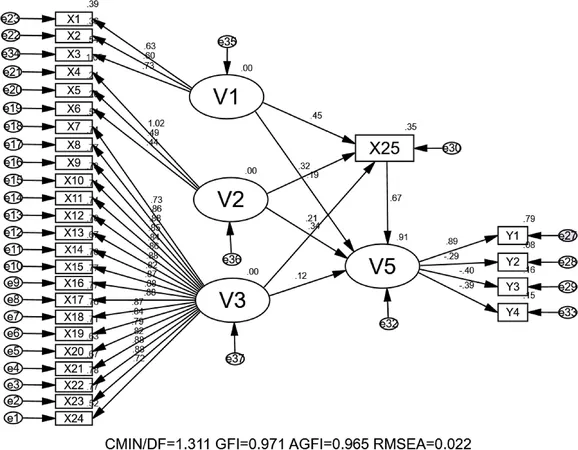
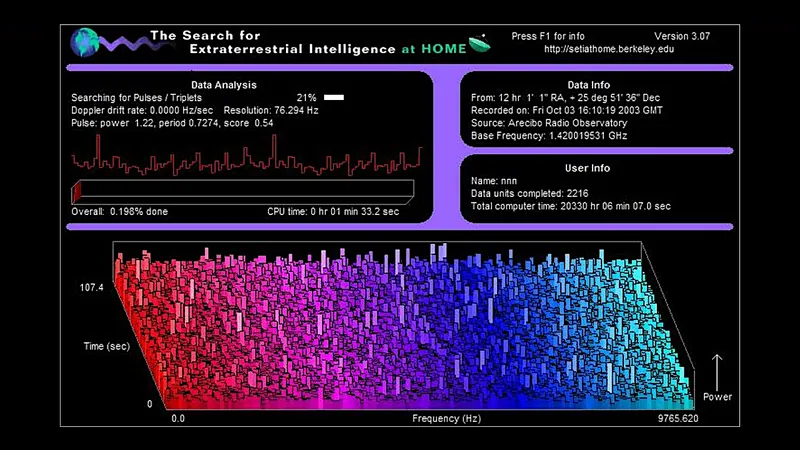
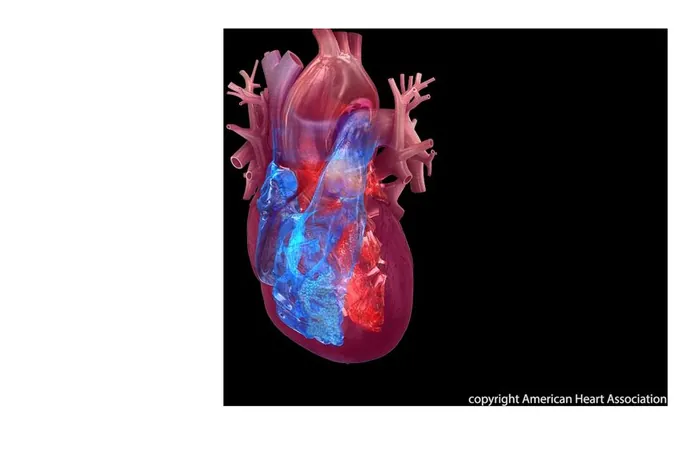
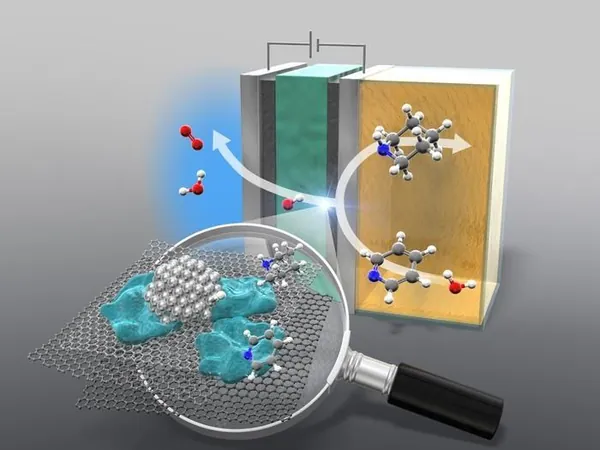
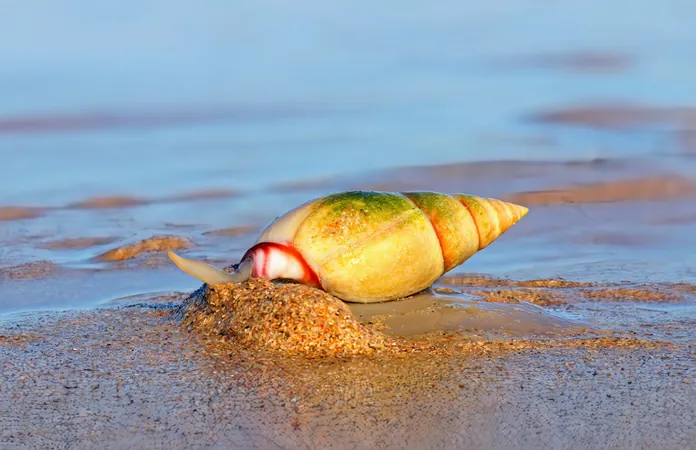
 Brasil (PT)
Brasil (PT)
 Canada (EN)
Canada (EN)
 Chile (ES)
Chile (ES)
 España (ES)
España (ES)
 France (FR)
France (FR)
 Hong Kong (EN)
Hong Kong (EN)
 Italia (IT)
Italia (IT)
 日本 (JA)
日本 (JA)
 Magyarország (HU)
Magyarország (HU)
 Norge (NO)
Norge (NO)
 Polska (PL)
Polska (PL)
 Schweiz (DE)
Schweiz (DE)
 Singapore (EN)
Singapore (EN)
 Sverige (SV)
Sverige (SV)
 Suomi (FI)
Suomi (FI)
 Türkiye (TR)
Türkiye (TR)